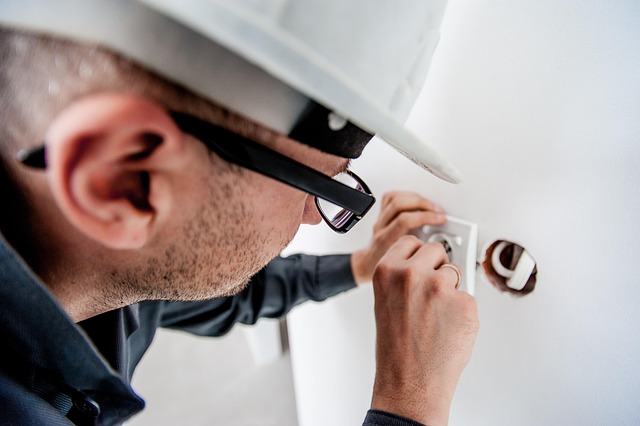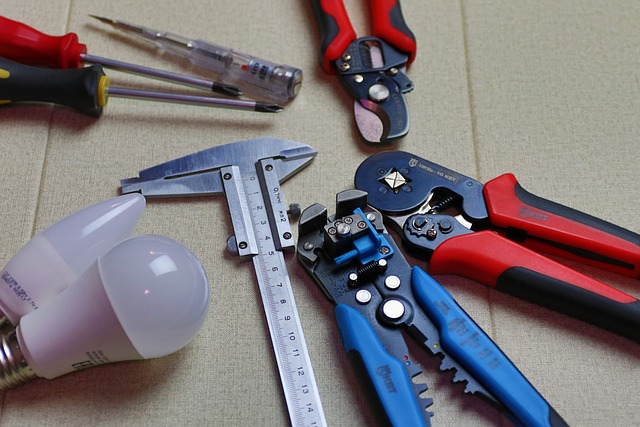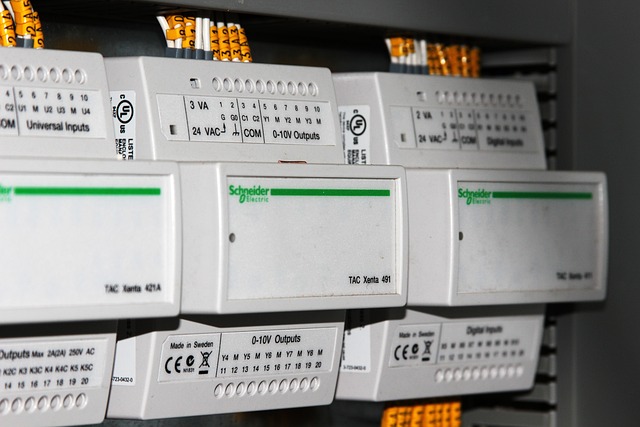In Eugene, Oregon, transitioning to electric vehicles (EVs) requires understanding EV charger installation. Start by assessing unique needs and constraints like space and budget. Homeowners might opt for a simple Level 1 (120-volt) charger, while commercial properties can benefit from faster Level 2 (240-volt) options. Advanced DC Fast Charging stations are ideal for frequent users or fleet operators. Selecting the right EV charger installation ensures convenience, cost savings, and compliance with local building codes and electrical safety standards, promoting clean energy adoption.
“Discover the future of sustainable transportation in Eugene, Oregon, with our expert guide on electric vehicle (EV) charger installation. This comprehensive resource explores the process, benefits, and solutions for both residential and commercial properties. Learn how EV charger installation can revolutionize your daily commute while contributing to a greener environment. We provide insights into choosing the ideal charging solution, ensuring a seamless transition to electric mobility in Eugene and beyond.”
- Understanding EV Charger Installation in Eugene, OR: A Comprehensive Guide
- Choosing the Right EV Charging Solution for Your Property
- The Benefits and Process of Installing an EV Charger at Home or Work
Understanding EV Charger Installation in Eugene, OR: A Comprehensive Guide

In Eugene, Oregon, understanding EV (Electric Vehicle) charger installation is crucial for anyone looking to make the transition to electric mobility. The process involves careful planning and consideration due to varying factors like property type, available space, electrical capacity, and local regulations.
A comprehensive guide to EV charger installation in Eugene OR should cover these aspects. It begins with assessing your specific needs—whether you require a Level 1 (120-volt) charger for slow charging at home or a faster Level 2 (240-volt) option suitable for apartment complexes and commercial spaces. Next, consult with certified professionals who can evaluate your property and design an installation plan that complies with local building codes and electrical safety standards. This includes ensuring adequate electrical capacity, installing proper grounding, and integrating smart charging features for efficient energy management.
Choosing the Right EV Charging Solution for Your Property

When considering EV charger installation for your property, the first step is evaluating your specific needs and constraints. Factors like space availability, budget, and expected usage play a crucial role in choosing the right EV charging solution. For instance, residential homeowners might opt for a simple Level 1 (120-volt) charger that plugs into a standard outlet, while commercial properties could benefit from faster Level 2 (240-volt) chargers capable of recharging vehicles in a matter of hours.
Additionally, exploring the latest in EV charging technology—such as DC Fast Charging stations—is essential for those who frequently host guests or operate a fleet of electric vehicles. These high-speed chargers can top off a vehicle’s battery in under 30 minutes, making them ideal for long-distance travel or busy business centers. With various options available, selecting the appropriate EV charger installation ensures your property caters to the growing demand for sustainable transportation while enhancing convenience and accessibility for EV owners.
The Benefits and Process of Installing an EV Charger at Home or Work

Installing an EV (Electric Vehicle) charger at home or work offers numerous benefits for drivers transitioning to electric mobility. Not only does it provide a convenient and efficient way to recharge your EV, but it can also reduce energy costs in the long run. With a dedicated charger, you can avoid public charging stations and potentially save time, especially during peak usage hours. Moreover, many utility companies offer incentives and rebates for installing home charging equipment, making the process more affordable.
The process of EV charger installation typically involves several steps. First, assess your space and energy needs to determine the suitable type and capacity of the charger. Then, consult with a professional installer who can guide you through the electrical requirements and local regulations. They will ensure your home or workplace’s electrical system is capable of handling the additional load. Once approved, the installer will set up the charging station, connect it to your electrical supply, and perform safety checks. This process not only ensures a reliable EV charging solution but also promotes the adoption of clean energy in your daily commute.














